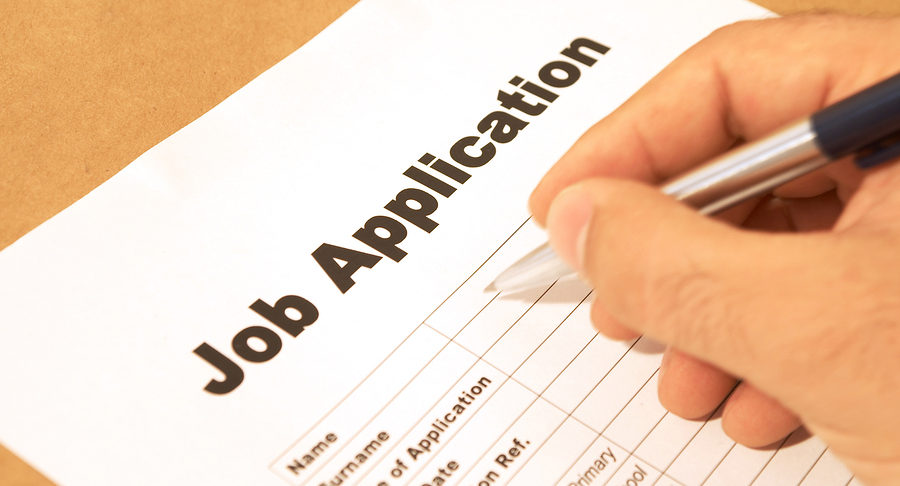When someone intentionally sets fire to something of value by means of fire, explosives, or destructive device, and property damage results, they have committed the crime of arson. Arson is NOT the crime of intentionally setting fire to cause bodily harm. That would be considered murder, manslaughter, or some other form of violent crime. But because arson has the potential to cause both property damage and bodily harm, it is a very dangerous act, and therefore, considered a very serious offense. Accordingly, each state serves to set an example of those who are convicted.
Continue reading to learn how Indiana penalizes arson crimes, and what you need to do if you were recently charged with a similar crime.

Indiana Arson Charges and Penalties
Here in Indiana, arson is a felony. The type of felony depends on the level of arson committed. For instance, arson crimes are penalized as low as a Level 6 felony, to as high as a Level 2 felony. Here are the Indiana penalization and sentencing schedules for them:
Level 6 Felony
➢ 6 months to 2 ½ years in jail with an advisory sentence of 1 year; Up to $10,000 in fines.
Level 6 felony arson charges are often referred to as “wobblers” by criminal defense lawyers because they can usually be reduced to a Class A misdemeanor, which is less severe in terms on penalties. A Class A misdemeanor is punishable by 0 to 1 year in jail and up to $5,000 in fines.
Level 5 Felony
➢ 1 to 6 years in jail with an advisory sentence of 3 years; Up to $10,000 in fines.
Level 4 Felony
➢ 2 to 12 years in jail with an advisory sentence of 6 years; Up to $10,000 in fines.
Level 3 Felony
➢ 3 to 16 years in jail with an advisory sentence of 9 years; Up to $10,000 in fines.
Level 2 Felony
➢ 10 to 30 years in jail with an advisory sentence of 17 ½ years; Up to $10,000 in fines.
Under Indiana’s arson laws, an act of arson that harms multiple victims counts as individual offenses. This means that if an arson defendant injured 5 people as a result of their fire, they would be charged with 5 counts of arson, with each count adding up in penalties. See Indiana Code Section 35-43-1-1 to view the full list of laws and penalties for arson.
Are You Facing Indiana Arson Charges?
If you do not already have a licensed Indianapolis criminal defense lawyer working on your felony arson case, you need one right away. Contact David E. Lewis, Attorney at Law, at 317-636-7514 to start building a strong and impactful defense against your Indiana arson charges so that you have a chance at avoiding the maximum penalties for your suspected felony crimes. Our law firm offers free initial consultations, so there are no out-of-pocket obligations to you.










